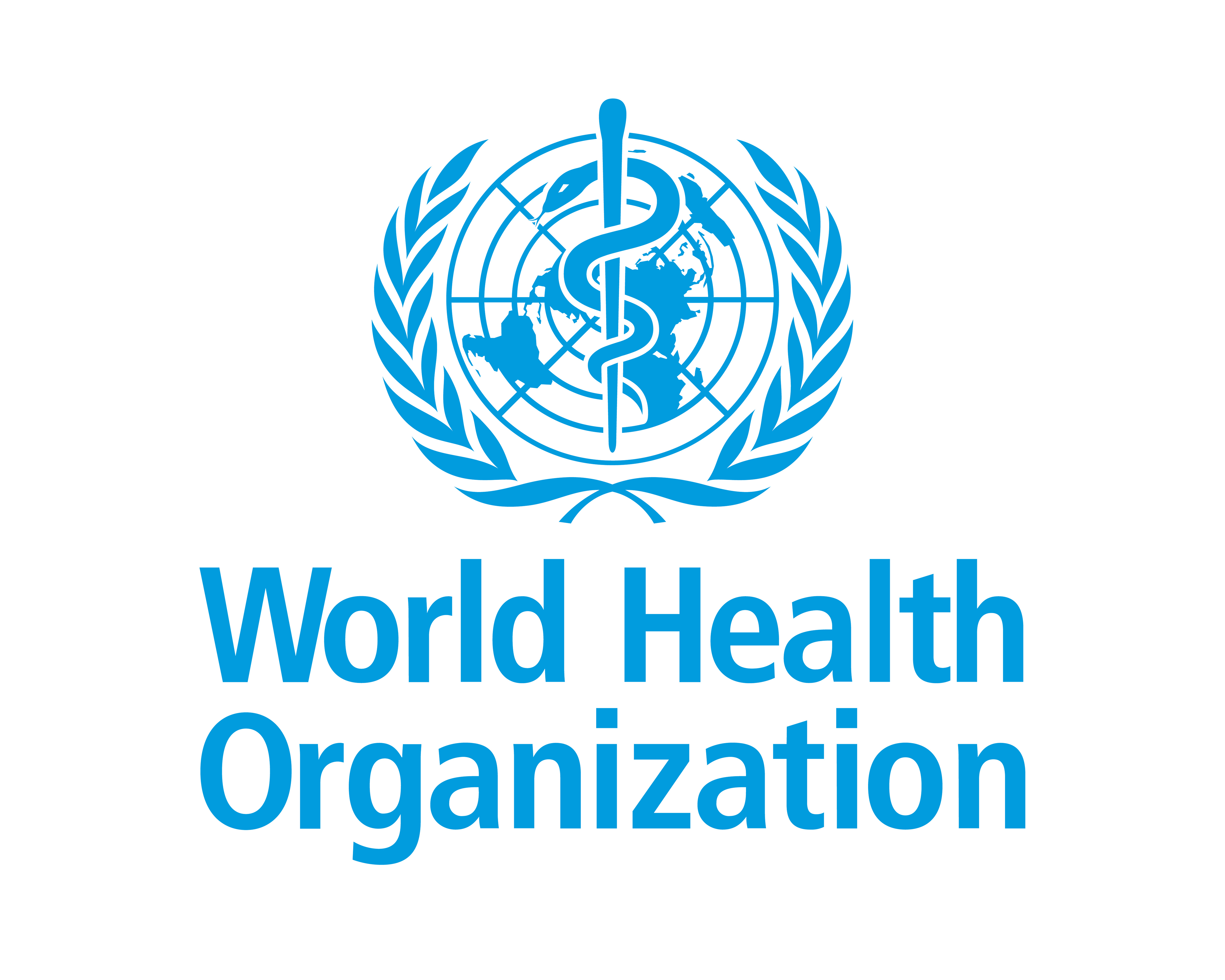The World Health Organization sees a fivefold increase in cyberattacks
WHO encourages vigilance after experiencing a dramatic increase in cyberattacks

Since the onset of the coronavirus pandemic, the World Health Organization has reported a dramatic increase in the number of cyberattacks directed at its team members. Also alarming is the number of nefarious email scams sent to the public. All told, the WHO has experienced a fivefold-increase in cyberattacks relative to the same period last year.
This week alone, the organization reported leaks of nearly 450 active WHO email addresses and passwords online. As a result of this rise in cyberattacks, the WHO is migrating its impacted systems to a more secure authentication system.
“Ensuring the security of health information for Member States and the privacy of users interacting with us a priority for WHO at all times, but also particularly during the COVID-19 pandemic. We are grateful for the alerts we receive from Member States and the private sector. We are all in this fight together,” shared Bernardo Mariano, WHO’s chief information officer.
The organization also reported seeing an increase in spammers impersonating WHO officials in emails. These emails have targeted the general public and attempted to solicit donations to a fictitious fund, not the WHO’s COVID-19 Solidary Response Fund.
To combat rising cyberattacks, the WHO has entrusted the private sector to help establish more secure internal systems. These measures also include educating team members on cybersecurity risks and how they can best protect themselves from cyber threats.
The organization is also urging the public to remain vigilant. For the most accurate and up-to-date information about the coronavirus, the WHO recommends using trusted sources. Individuals are also encouraged to use the WHO as a resource when seeking COVID-19 information.
Sign up today and you will receive a free copy of our Future Focus 2025 report - the leading guidance on AI, cybersecurity and other IT challenges as per 700+ senior executives
-
 Trump's AI executive order could leave US in a 'regulatory vacuum'
Trump's AI executive order could leave US in a 'regulatory vacuum'News Citing a "patchwork of 50 different regulatory regimes" and "ideological bias", President Trump wants rules to be set at a federal level
-
 TPUs: Google's home advantage
TPUs: Google's home advantageITPro Podcast How does TPU v7 stack up against Nvidia's latest chips – and can Google scale AI using only its own supply?